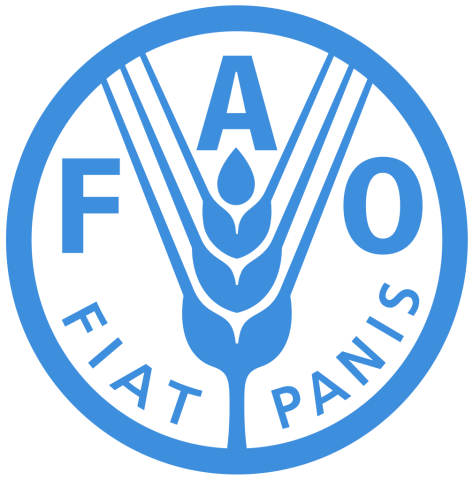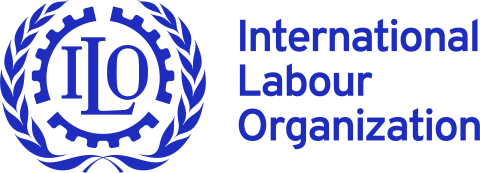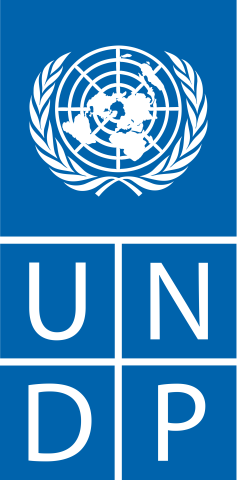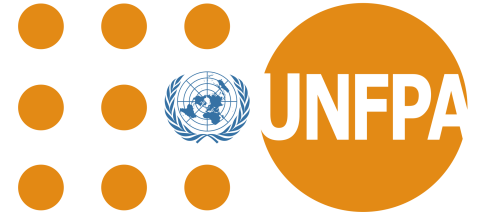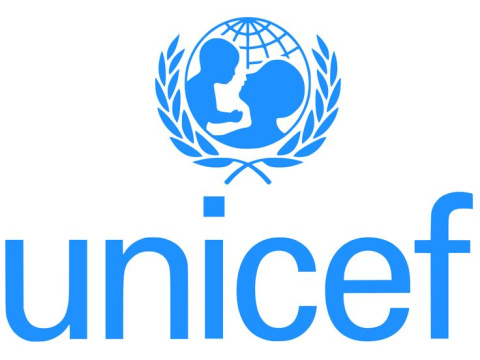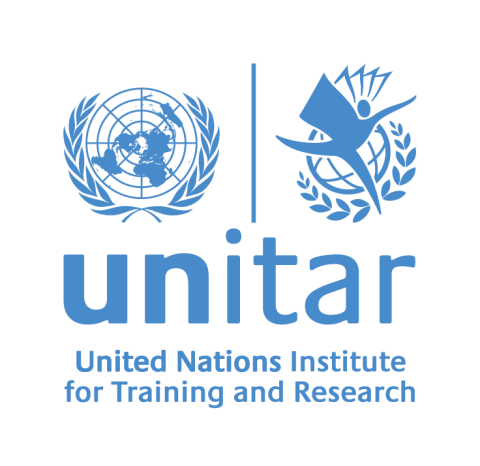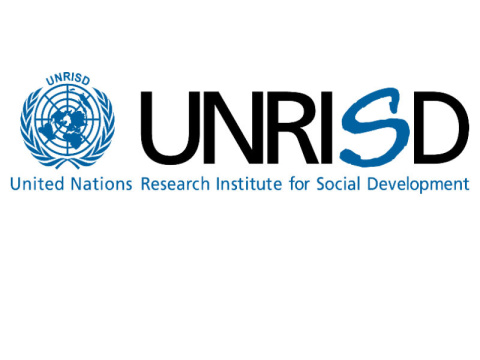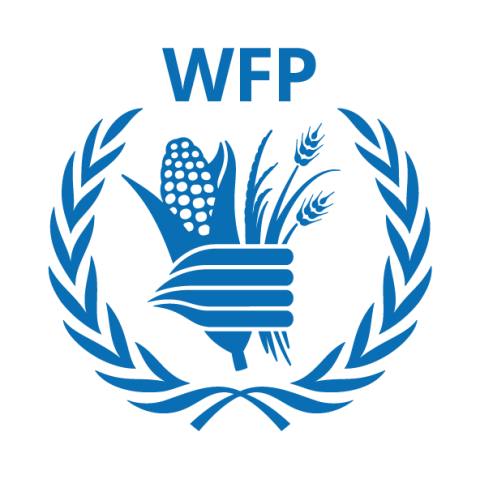
Breadcrumb
Research and classification
WHO’s science experts set the global agenda on health-related research. They identify knowledge gaps and emerging areas of concern. WHO collects and combines findings, giving access to life-saving information to governments and medical practitioners around the world. Since its creation, the organization identifies and classifies diseases – a starting point for all research activities, making it possible to gather statistical data on certain health conditions. This knowledge enables WHO to give recommendations about prevention and treatment of diseases.
In addition, the UN funds medical research to enhance knowledge and find solutions to combatting diseases. The “Special Programme for Research and Training in Tropical Diseases” (based in Geneva) is one such example. It largely concentrates on diseases related to poverty. Through the programme, the UN sponsors research activities and helps find effective solutions, e.g., to break infection chains in affected countries.
Controlling disease outbreaks
The UN has had some remarkable successes in fighting infectious diseases which no country could have achieved on its own. WHO and UNICEF together supply vaccines to 45% of the world’s children, saving three million lives every year. Through its unmatched vaccination campaigns, the UN has eradicated, or is on the verge of eliminating, several diseases: Smallpox have been eradicated in 1979 while polio, although still existing, has been reduced by 99%.
The UN system responds to emerging diseases or elevated infection rates. In 1996, UNAIDS was founded as a reaction to the ravaging HIV pandemic. The organization works on reducing the number of new infections through awareness campaigns. It lobbies for global access to treatment and for further research to improve prevention and treatment options, and even a possible cure. Lastly, UNAIDS campaigns to end stigmatization of people living with HIV or AIDS.
In 2014, the UN deployed its first ever emergency health mission: Medical and technical staff from different UN entities travelled to West Africa in response to the deadly Ebola outbreak – a resource-intense, fast, flexible and cross-entity approach that helped contain the highly infectious disease.
Through its global network, WHO monitors the spread of diseases and alerts States of increased viral or bacterial spreading. For example, WHO declared the coronavirus disease a public health emergency of international concern in January 2020 and a pandemic in March 2020. This warning mechanism prompts governments to release financial and technical resources to counter the outbreak. In such a situation, WHO also issues health care advisories for governments and citizens.
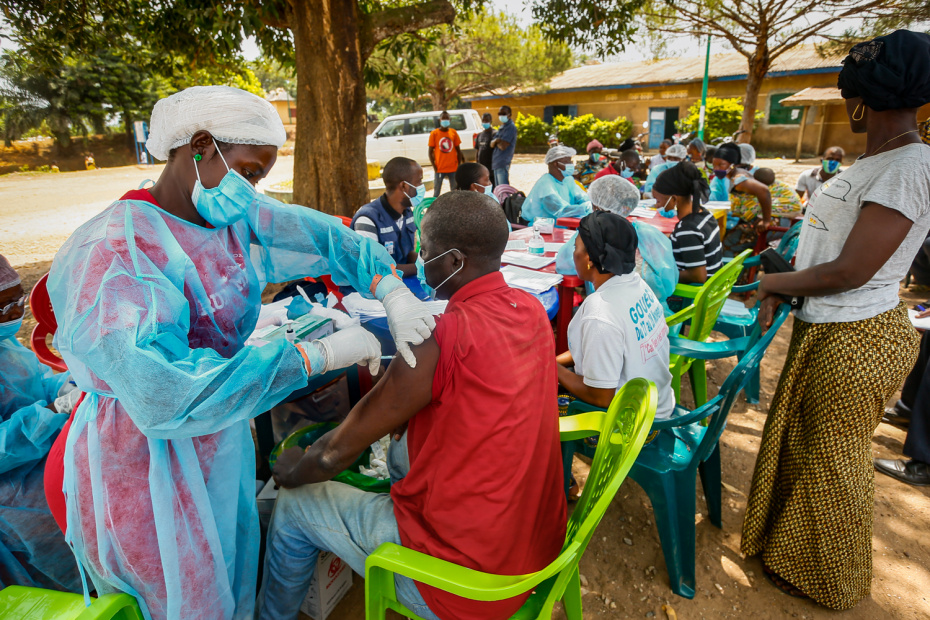
Government support
Universal healthcare
Currently, at least half of the world’s population does not have access to the health services they need. The UN supports governments in multiple ways to enable them to deliver better services to their citizens. In most countries, universal health coverage, that is access to and a financing system for health services for everyone, is a goal yet to be achieved. The UN assists countries which are moving to a public health care system. WHO trains civil servants in how to finance universal health coverage and assists governments in developing the necessary policies. UN entities also help determine the health care needs in each country and advise on medical equipment and supplies.
Equal access to life-saving medicine
The UN lobbies for equal access to medical care across the globe. During the height of the COVID-19 pandemic, the UN urged industrial countries to donate vaccines to other states. WHO coordinated the distribution and UNICEF played a major role in the delivery of vaccines.
By May 2022, more than 11 billion vaccine doses had been given to people across the world, over 1.5 billion of which were shipped through COVAX, the UN’s COVID vaccination campaign.
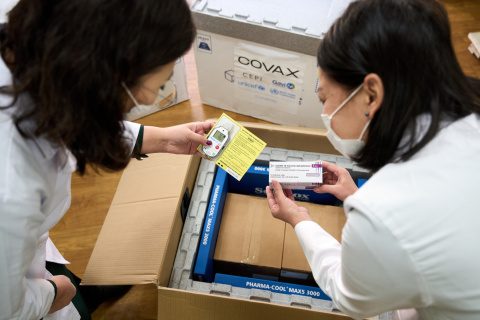
Emergency response
Emergencies, may they be natural disasters or outbreaks of conflicts and wars, bring about injuries and maladies, and stress a national health care system. Two things come together: hospitals and clinics may have been destroyed or are no longer accessible while the need for health care skyrockets. The UN’s emergency response system starts rolling upon the invitation of a country in need. WHO leads the health cluster which coordinates UN agencies and NGOs to assess the medical needs and provide health care.
Good health and wellbeing
The UN firmly believes that health means much more than the absence of sickness. It is rather defined as “a state of complete physical, mental and social well-being”. Many, if not all UN entities, help work towards this state of holistic health.
UN-Habitat and the UN Environment Programme cooperate to achieve better living for people in green cities, with less air pollution, clean water supplies, waste management and access to natural spaces. The International Labour Organization, headquartered in Geneva, enforces workers’ rights, for example the right to leisure and recuperation, or the right to operate in a safe work environment.
While UNFPA works on sexual and reproductive health, UNICEF is dedicated to the wellbeing of children and their parents. The organization’s impact reaches from maternity wards, where UNICEF supplies midwifery kits and distinguishes baby friendly hospitals that enable breastfeeding from day one, to nutritional programmes for malnourished children, or protection systems for children in danger of physical or mental abuse.
UNHCR, the UN’s refugee organization, takes care of all needs of people who fled their home, including their medical and psychosocial care. FAO, UNDP and WFP work on healthy food supplies, helping to set up sustainable farming techniques or advising on healthy nutritional habits in different corners of the world.
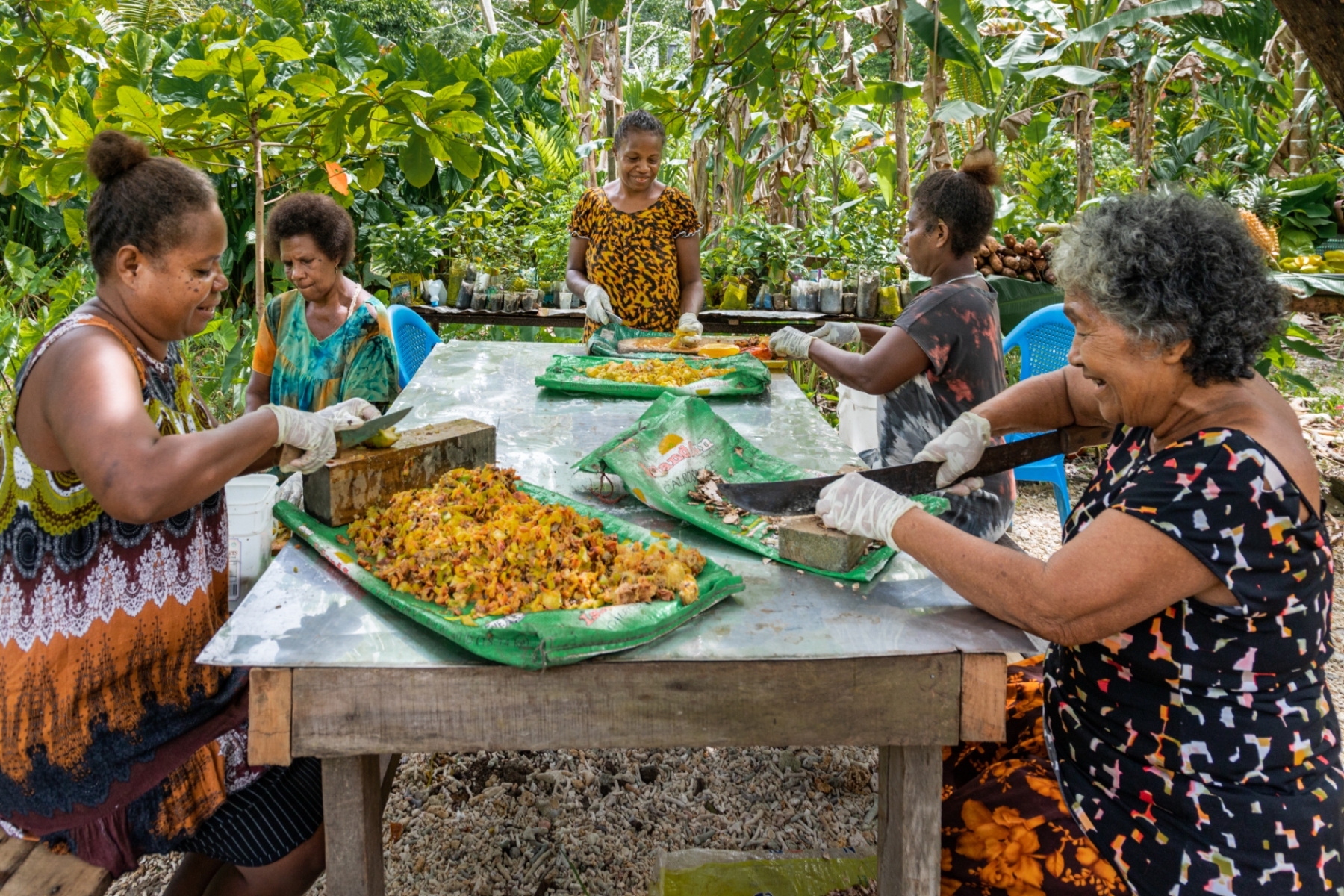
Organizations working on health issues
The World Bank Group is an international financial institution whose mission is to end extreme poverty and boost shared prosperity on a livable planet. It works in every major area of development and provides a wide array of financial products and technical assistance to help countries share and [...]
UN-Water is the United Nations' coordination mechanism for water and sanitation. Bringing together over 30 UN entities and 40 international partners, it ensures the UN system works as one to tackle water- and sanitation-related challenges and support countries in achieving Sustainable Development [...]
UNAIDS is leading the global effort to end AIDS as a public health threat by 2030 as part of the Sustainable Development Goals.
Since the first cases of HIV were reported more than 35 years ago, 78 million people have become infected with HIV and 35 million have died from AIDS-related illnesses [...]
UNDP is the leading United Nations organization fighting to end the injustice of poverty, inequality, and climate change. Working with a broad network of experts and partners in 170 countries, the agency helps nations to build integrated, lasting solutions for people and planet.
The UNDP Office in [...]
UNFPA, the United Nations Population Fund, is an international development agency that promotes the right of every woman, man and child to enjoy a life of health and equal opportunity. UNFPA supports countries in using population data for policies and programmes to reduce poverty and to ensure that [...]
UNICEF works in the world’s toughest places to reach the most disadvantaged children and adolescents – and to protect the rights of every child, everywhere. Across more than 190 countries and territories, we do whatever it takes to help children survive, thrive and fulfill their potential, from [...]
As a dedicated training arm of the United Nations system, the United Nations Institute for Training and Research (UNITAR) provides innovative learning solutions to individuals, organizations and institutions to enhance global decision-making and support country-level action for shaping a better [...]
The United Nations Office on Drugs and Crime (UNODC) has the mandate to make the world safer from drugs, organized crime, corruption and terrorism. The organization is committed to achieving health, security and justice for all by tackling these threats and promoting peace and sustainable well-being [...]
UNRISD is an autonomous research institute within the UN system that undertakes interdisciplinary research and policy analysis on the social dimensions of contemporary development issues. UNRISD works collaboratively with an extensive network of partners from the academic, policy, practitioner and [...]
The United Nations World Food Programme (WFP) is the world’s largest humanitarian organization, saving lives in emergencies and using food assistance to build a pathway to peace, stability and prosperity for people recovering from conflict, disasters and the impact of climate change.
The WFP Geneva [...]
The World Health Organization (WHO) is the directing and coordinating authority for health within the United Nations system. It is responsible for providing leadership on global health issues, shaping the health research agenda, setting norms and standards, articulating evidence-based policy options [...]

